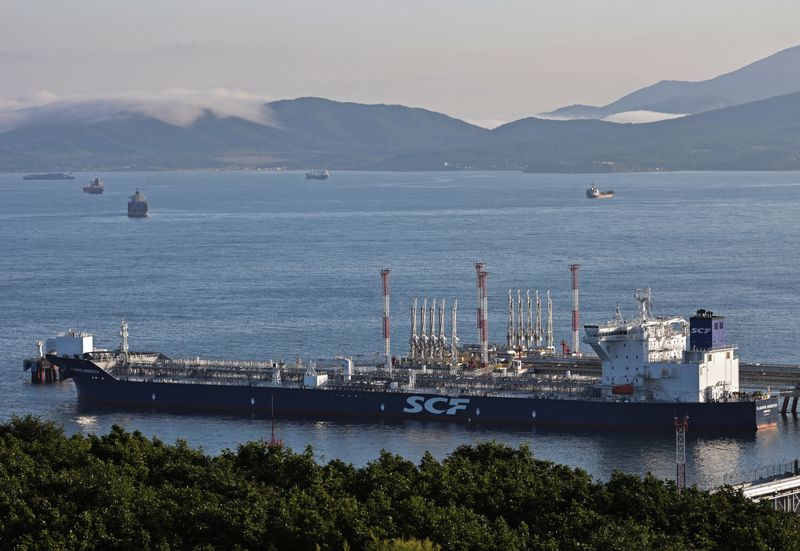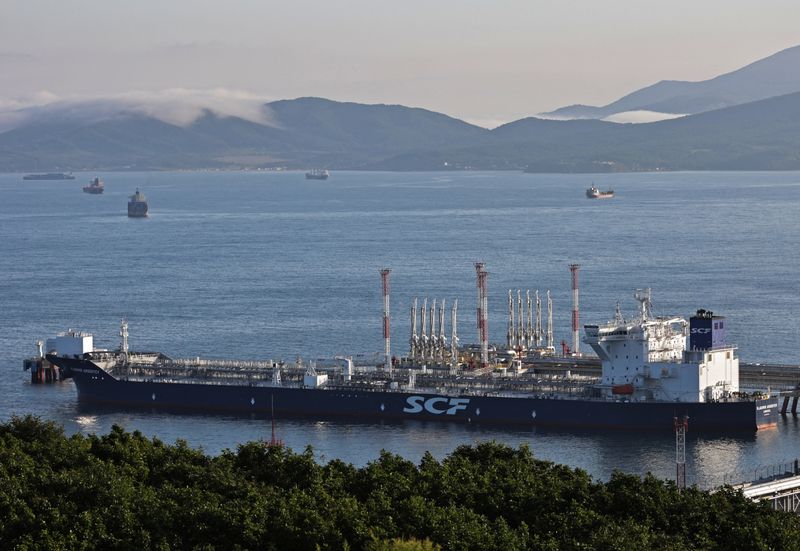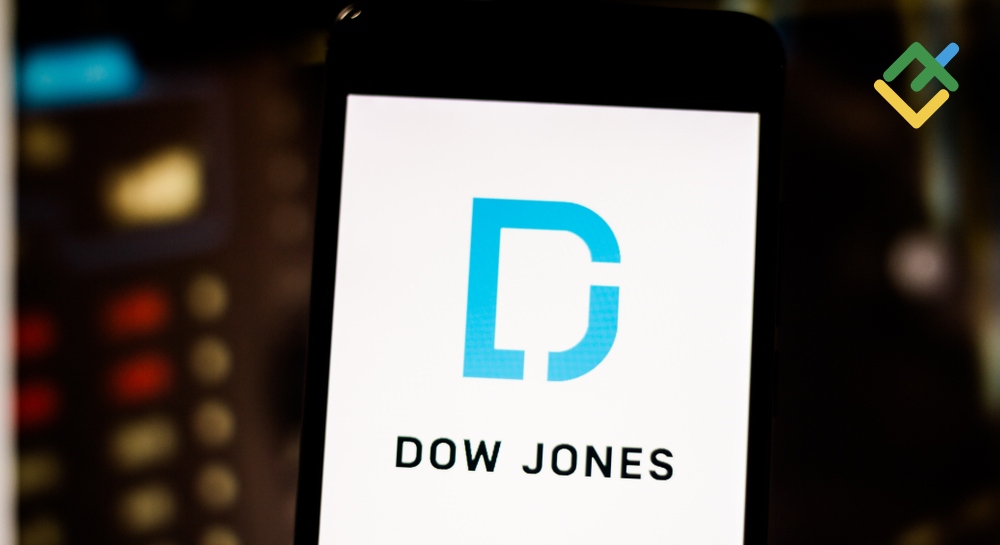
By Paul Carsten
(Reuters) – Oil prices rose on Tuesday on news of monetary stimulus from top importer China and concerns that conflict in the Middle East could hit regional supply while another hurricane threatened supply in the United States, the world’s biggest crude producer.
Brent crude futures were up $1.34, or 1.8%, at $75.24 a barrel by 0853 GMT. U.S. WTI crude futures rose $1.38, or 2%, to $71.75.
“The crude oil market has been looking desperately towards Chinese authorities for further easing measures to counter the economic slowdown,” said IG market analyst Tony Sycamore.
Earlier in the day, China’s central bank announced its biggest stimulus since the COVID-19 pandemic to pull the economy out of its deflationary funk and back towards the government’s growth target.
The broader than expected package offering more funding and rate cuts is Beijing’s latest attempt to restore confidence after a slew of disappointing data raised fears of a prolonged structural slowdown.
“Today’s announcement will go some way to removing downside risks to the crude oil price,” Sycamore said.
But for the oil price rally to last, China’s accommodative monetary policies need to be matched by expansionary fiscal policies to boost internal demand, said Kelvin Wong, senior market analyst at OANDA.
In the Middle East, a key oil-producing region, Israel’s military said it launched airstrikes against Hezbollah sites in Lebanon on Monday, which Lebanese authorities said killed 492 people and sent tens of thousands fleeing for safety.

The strikes risk pulling OPEC producer Iran, which backs Hezbollah, closer to conflict with Israel and could ignite a broader war across the region.
U.S. oil producers, meanwhile, were scrambling to evacuate staff from oil production platforms in the Gulf of Mexico as the second hurricane in two weeks was predicted to tear through offshore oilfields. Several oil companies paused some of their production.
This post is originally published on INVESTING.


